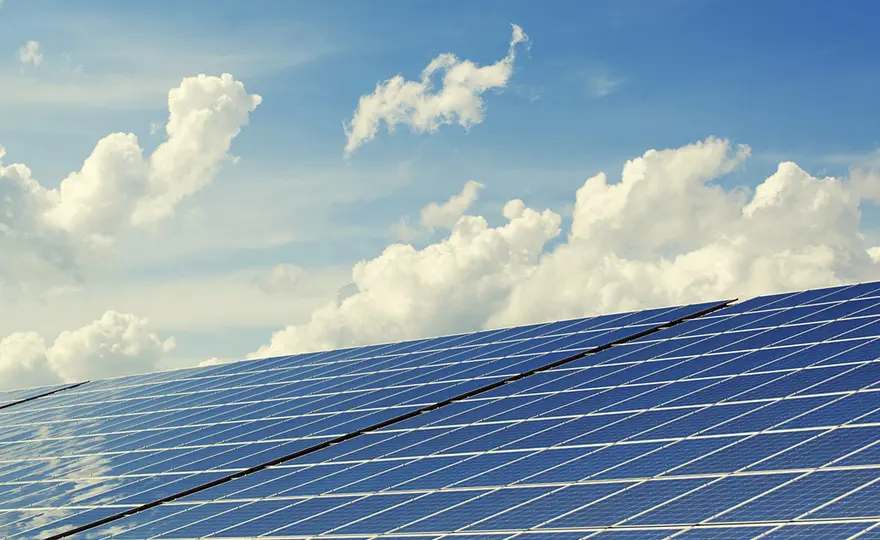ClientEarth Communications
3rd December 2019


Workshop: Is the existing State aid framework in support of the decarbonisation of Europe? A critical assessment of the EU State aid framework for support to energy intensive industry
When: Tuesday, 3 December 2019, 09:30-15:30, University Foundation, Rue d'Egmont 11, Brussels.
Download the slides presented during the workshop
The new Commission President-elect Ursula von der Leyen has placed the achievement of a European Green Deal at the heart of her Commission agenda and tasked Thierry Breton, Commissioner-designate for Internal Market, with ensuring that all parts of European industry contribute fully to the objective of a climate-neutral economy by 2050. A key focus of these efforts will need to be the decarbonisation of energy-intensive industry, which accounts for 76% of the EU's CO2 emissions and has made inadequate progress towards meeting these goals.
In this context, the extensive provision of free allocation under the EU ETS and exemptions from various energy-related taxes and levies for carbon leakage protection has been heavily criticised by environmental NGOs and consumer protection organisations, especially in the recent context of low carbon and wholesale power prices. A steady rise in industry exemptions has also raised concerns over internal market distortions, competitiveness issues for non-exempted industries and distributional effects on households. At the same time, the current EU policy framework for industry decarbonisation remains inadequate to deliver climate-neutrality. Long investment cycles, the increased risk of carbon leakage under high climate ambition, as well as missing support policies and policy frameworks for the deployment of low-carbon breakthrough technologies still pose particular challenges. As such, State aid is guaranteed to play a crucial role in helping to achieve climate-neutrality in energy intensive industry. This will include targeted industry exemptions to enable ambitious policies on carbon pricing and renewable energy support, as well as additional support frameworks for the commercialisation of breakthrough technologies.
In view of the upcoming revision of the State Aid Guidelines for Envrionmental Protection and Energy and the current revision of the ETS State Aid Guidelines for the fourth trading period (2021-2030) it is important to reflect on whether and how the existing guidelines and previous decisions have supported EU efforts at decarbonisation.
This workshop seeks to help structure the debate with regards to State Aid and industry decarbonisation. A particular focus of the discussion will be on energy intensive industry. Based on an analysis by Agora Energiewende and ClientEarth of several relevant case studies, participants will engage in an interactive dialogue on the approppriateness of the current State Aid framework for industry decarbonisation and what could be further improved.
| 09:00 | Arrival and welcome coffee |
| 09:30 | Welcome and introduction to the workshop |
| 09:45 |
Presentation on State Aid and industry exemptions
Andreas Graf, Agora Energiewende; Juliette Delarue, ClientEarth |
| 11:00 | Coffee break |
| 11:15 |
Moderated discussion among participants Moderator: Matthias Buck, Agora Energiewende |
| 12:30 | Lunch |
| 13:30 |
Presentation on State Aid dimensions for policy options for achieving industry decarbonisation and support for breakthrough technologies
Andreas Graf, Agora Energiewende; Juliette Delarue, ClientEarth |
| 14:30 |
Moderated discussion among participants Moderator: Matthias Buck, Energiewende |
| 15:30 | End of meeting |
The project Making State aid work for the decarbonisation of Europe is part of the European Climate Initiative (EUKI) of the German Federal Ministry for the Environment, Nature Conservation and Nuclear Safety (BMU).